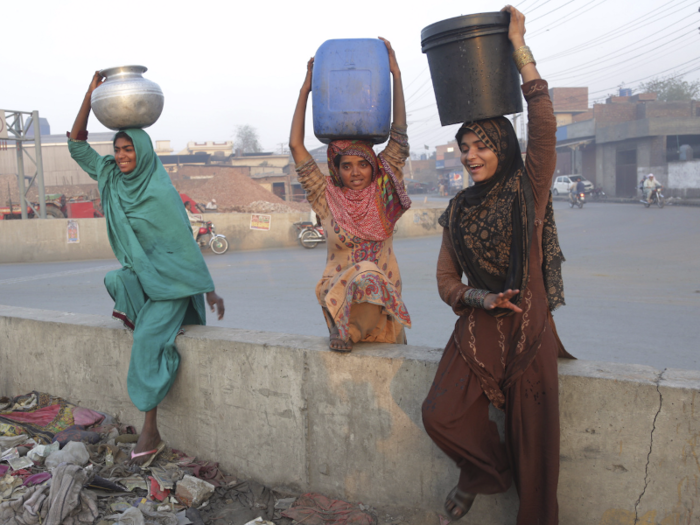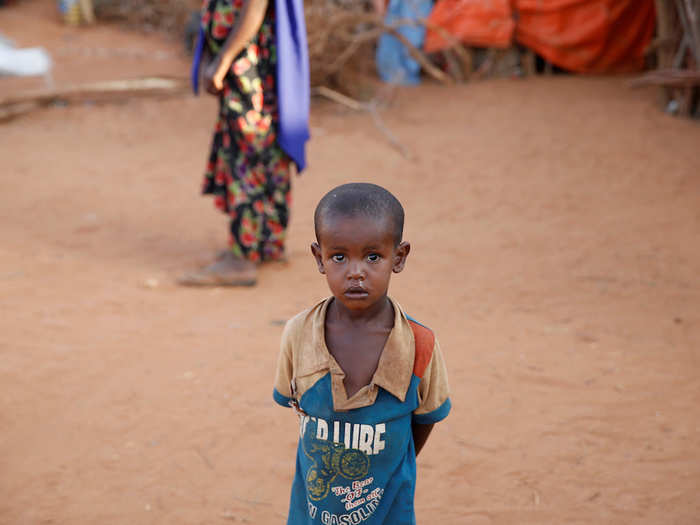Globally, we're living a lot longer than most people assume.
Average global life expectancy is around 70 years (though it's a bit higher for women and a bit lower for men).
That number is a lot better than what most people think, but it's important to remember the longevity numbers aren't universal.
Here in the US, where we spend more that double on health care than any other rich country per capita, we don't do nearly as well as most of them. At least 30 other countries around the world outlive Americans, and life expectancy in the US for both men and women is just shy of 80 years.
And there are new signs that US life expectancy is getting worse. Death rates for white working-class men between the ages of 25 and 64 are on the rise in the US, even as more life-saving treatments become available. Scientists think the big killers here could be more deadly overdoses, suicides and liver problems from drinking alcohol.
Rosling says there's another critically flawed fallacy at work here in the US health care system: the "single perspective instinct," or the idea that problems tend to stem from one single root cause and can likewise be solved with a single solution. He argues that Americans are ignoring key preventative measures while running up expensive and unnecessary hospital bills.
Over the past hundred years, deaths per year from natural disasters have plummeted to less than half of what they were.
Rosling says even though we're more protected than ever before, we still tend to rely on our primal "fear instinct" more than we need to.
The book argues that the gender gap in education has been virtually erased around the globe. That's true, but it's not the whole story.
Worldwide, by the time people turn 30, men have on average 10 years of education while women have nine, Rosling says. That's just a one year gap.
While it's true that the developing world as a whole has essentially erased the schooling gap between boys and girls in primary, secondary and tertiary schooling, the UN still points out that women generally have a tougher time finding paid work than men.
Women with advanced degrees have higher rates of unemployment than their male counterparts, even as girls outperform boys around the world at school.
Finally, when it comes to money, Rosling says everyone is better off than they were 20 years ago. Again, that's true, but it misses one critical wrinkle in the data.
In Factfulness, Rosling says that the proportion of people living in extreme poverty is nearly half of what it was two decades ago.
Of course, that's not mentioning the fact that while extreme poverty may be taking a dive, extreme wealth among an elite corps of top global earners is racing even higher, with the richest 10% of the world's households now owning 88% of its wealth.
Rosling said the data presented in "Factfulness" shows that on the whole, we're all much better off than we once were. But that doesn't mean everyone is doing OK. Of course, Rosling might argue that's just a "negativity instinct" at work.




